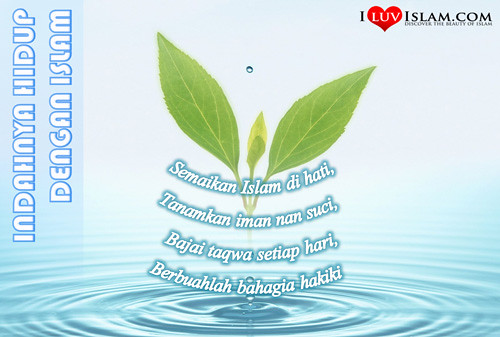When I describe this activity, I am greeted with incredulity from my own community where madrasa is a dirty word, friendly mosque is an onxymoron and teaching belong to proper teacher. The apparent incongruity of my work in this mosque strikes me too, but the immediate reality is straightforward.” The Children like you and you like the children” is how imam puts it. Here is a group of children aged between five and 15 who are thirsty for knowledge, keen to express themselves and anxious to know boundaries. Though perseverance and accomodation, I have carved out a privileged role where I feel that what I’m doing is worthwhile.
“ ARE YOU A MUSLIM, MISS?” asks Khadija who are refastening her hijab as I rinse paintbrushes. Even though I am familiar figure and even though they already know the answer, one of these children may suddenly stop and pose the question once more just to be sure.
Another time, Rizwan asks why I attend the mosque and I tell him as a guest. “Oh I get it, you’re like tourist here”. I’ve never regularly attend the church and yet I’ve been to this mosque, more times than I can remember. It’s a place where I sometimes feel spiritually transported. As I busy myself on the carpet sorting colours and papers after what is always an exhausting class, I am soothed by the AZAN of evening prayers.

I did not originally set out to teach in a mosque because it was a religious environment
My first experienced of madrasa was on the day after 7/7 London bombing.
My classes in east London not just about art. They are also about mutual respect and cooperation. I regularly invoke the Qur'an to chide the children for foul language, backbiting or violent behaviour. And I apply the same rules to myself. It's been a gradual process with occasional lapses, but I am now much more careful about blaspheming and losing my temper. I have stopped swearing, smoking and drinking. What a result!